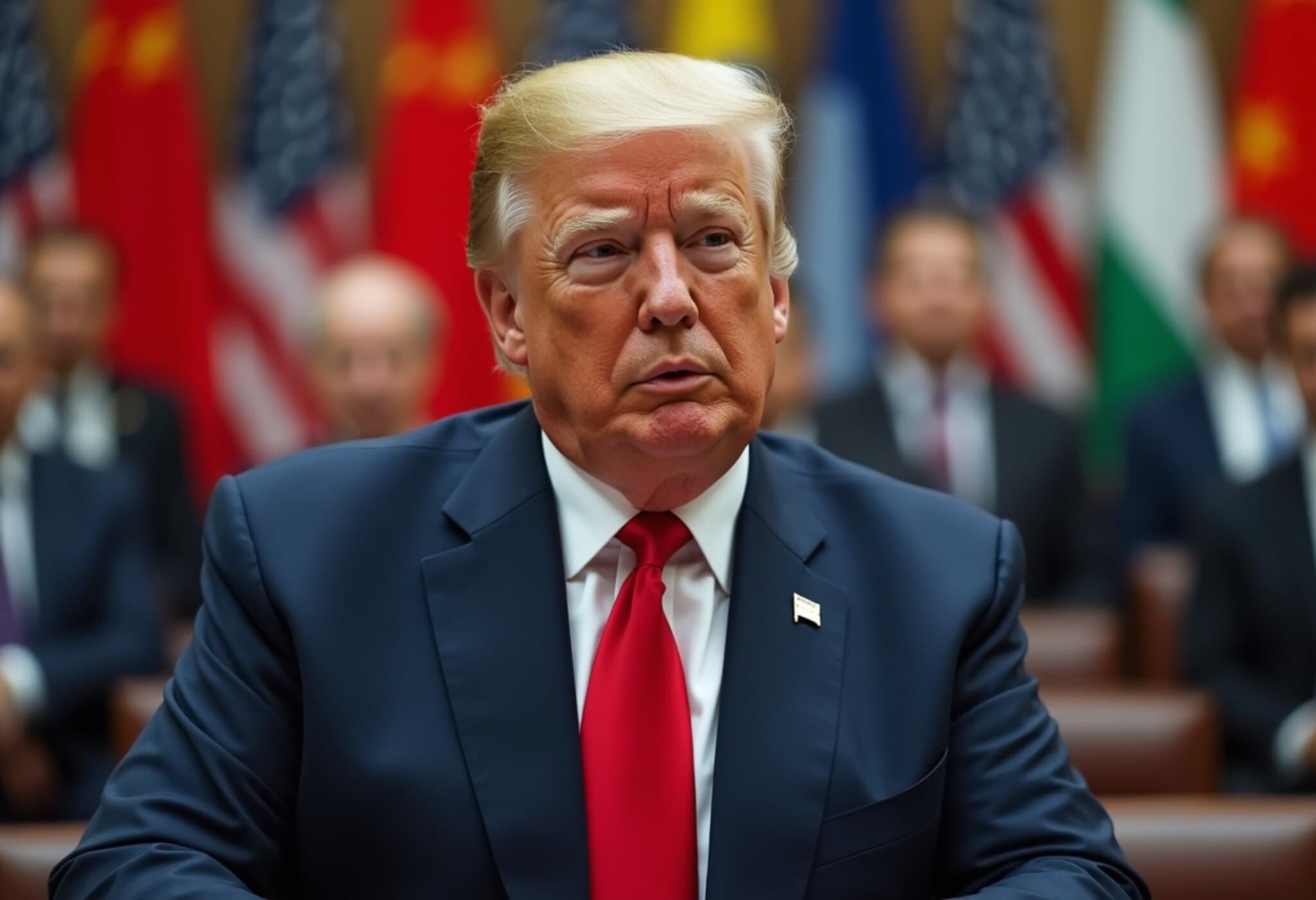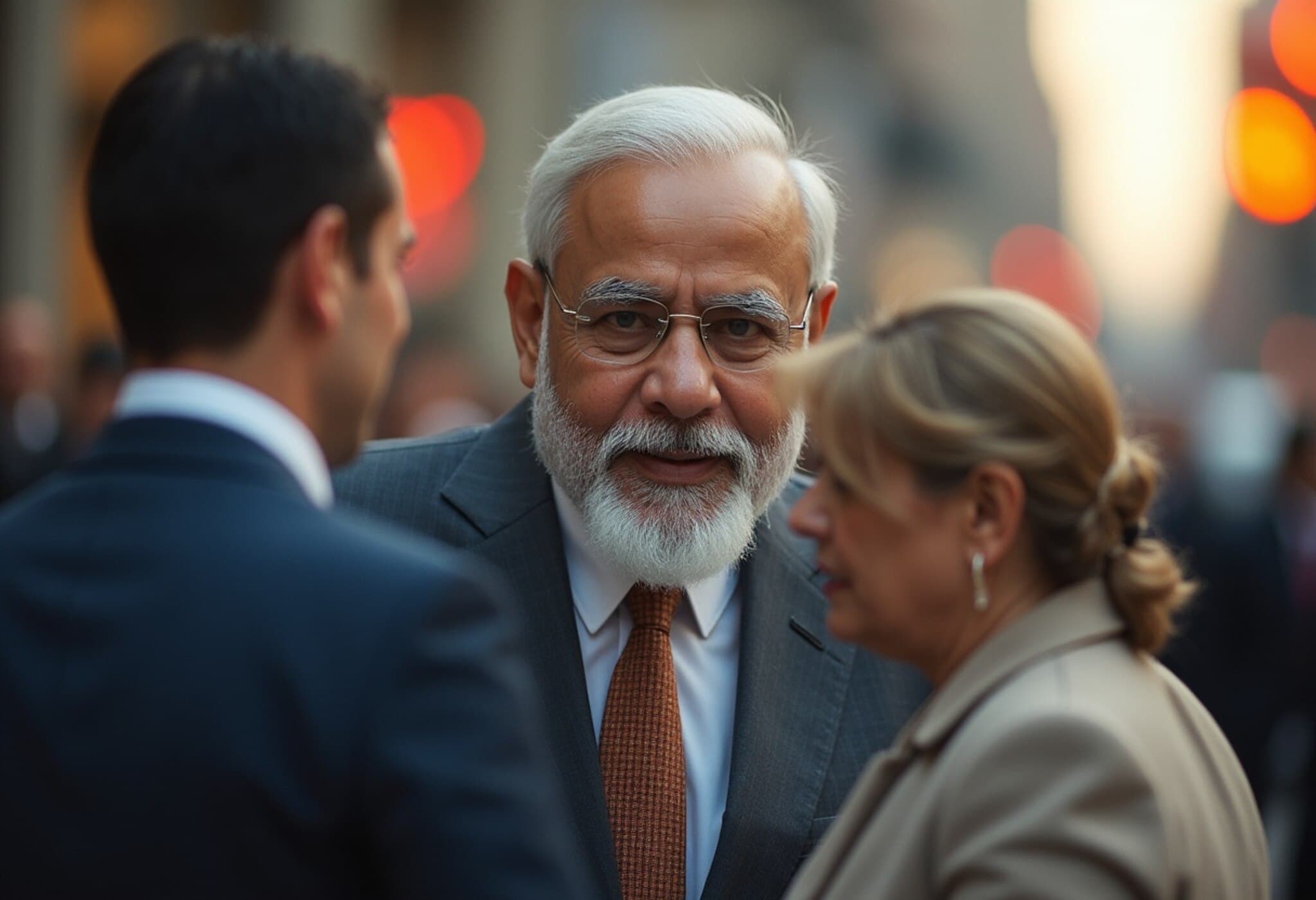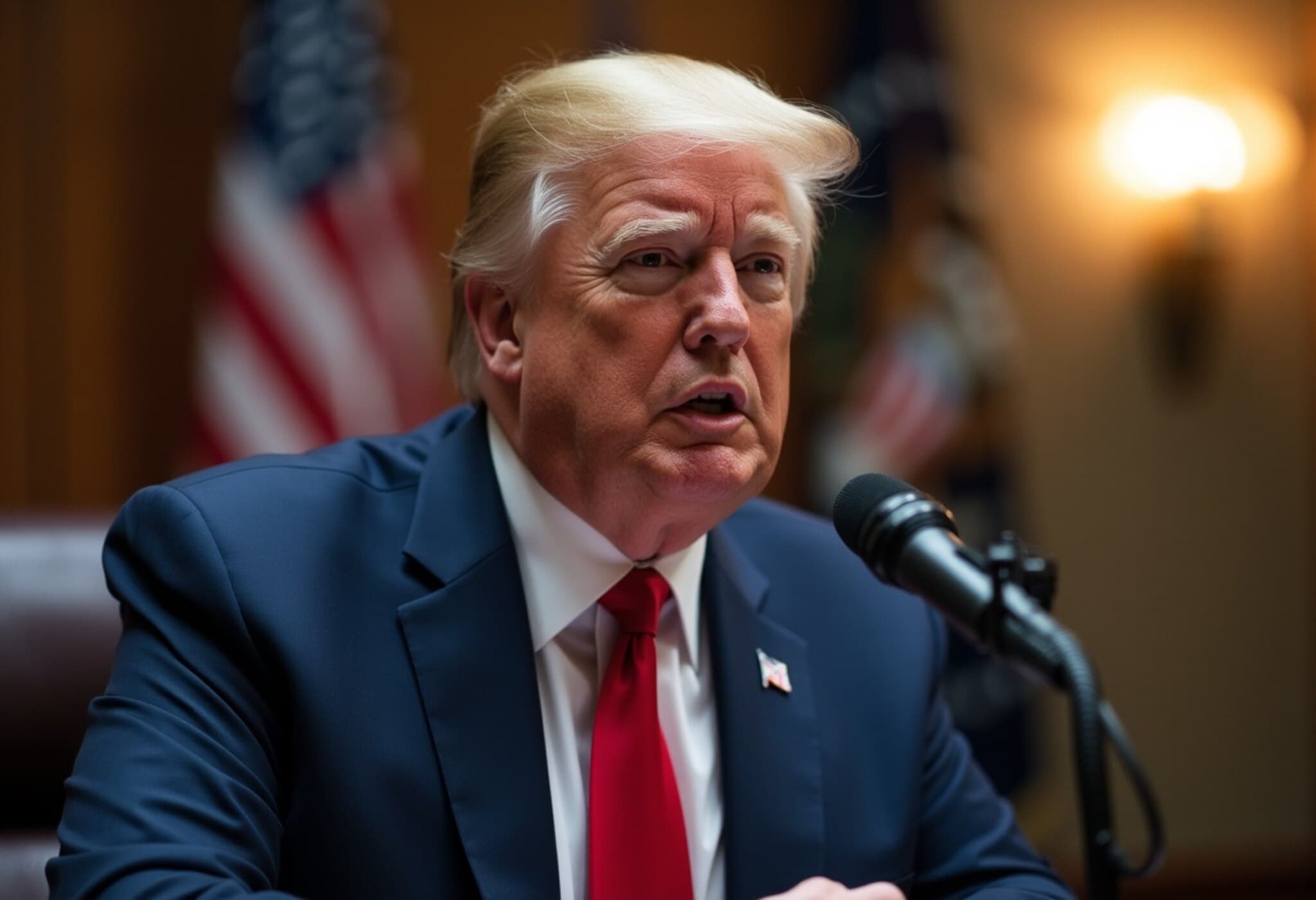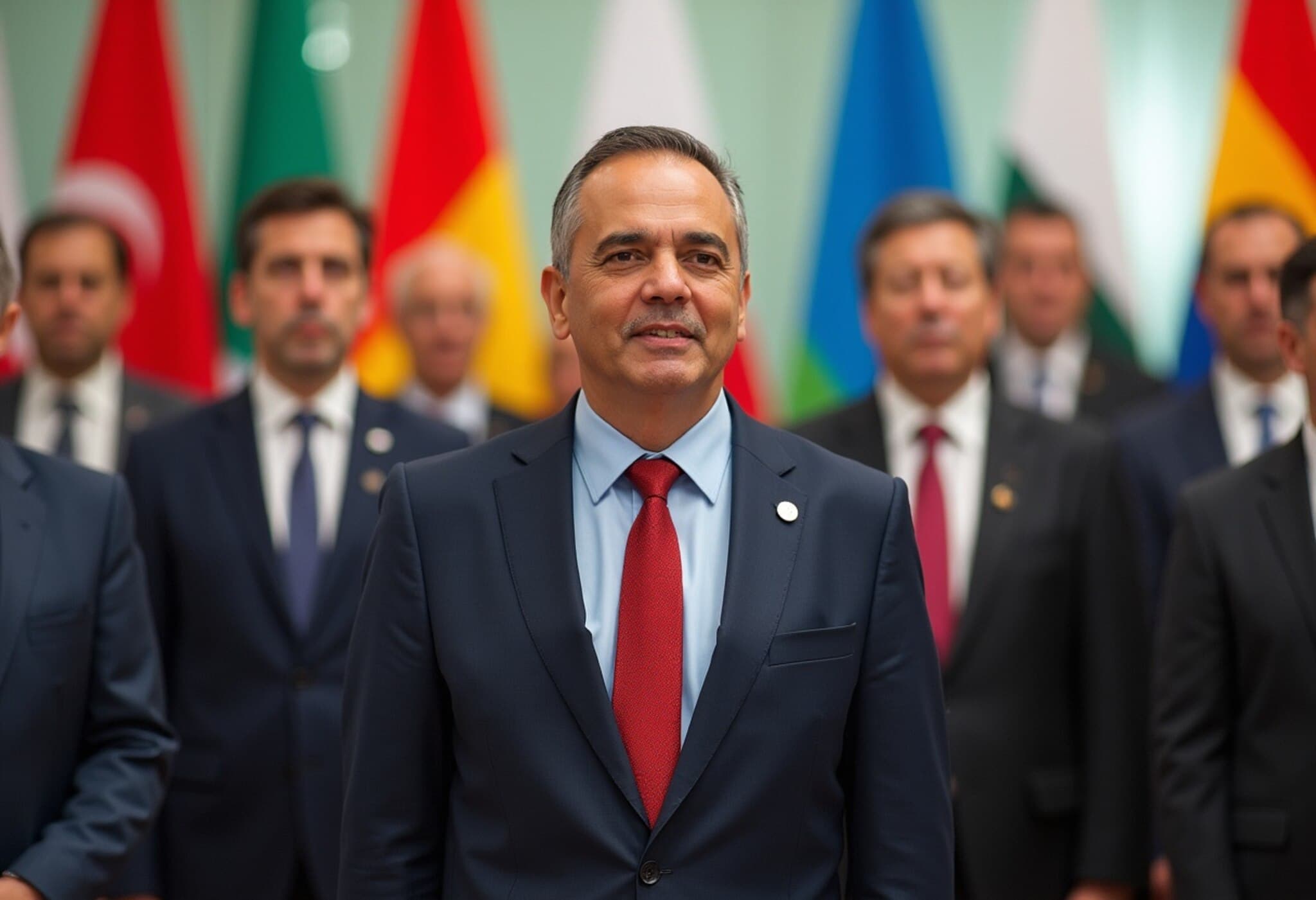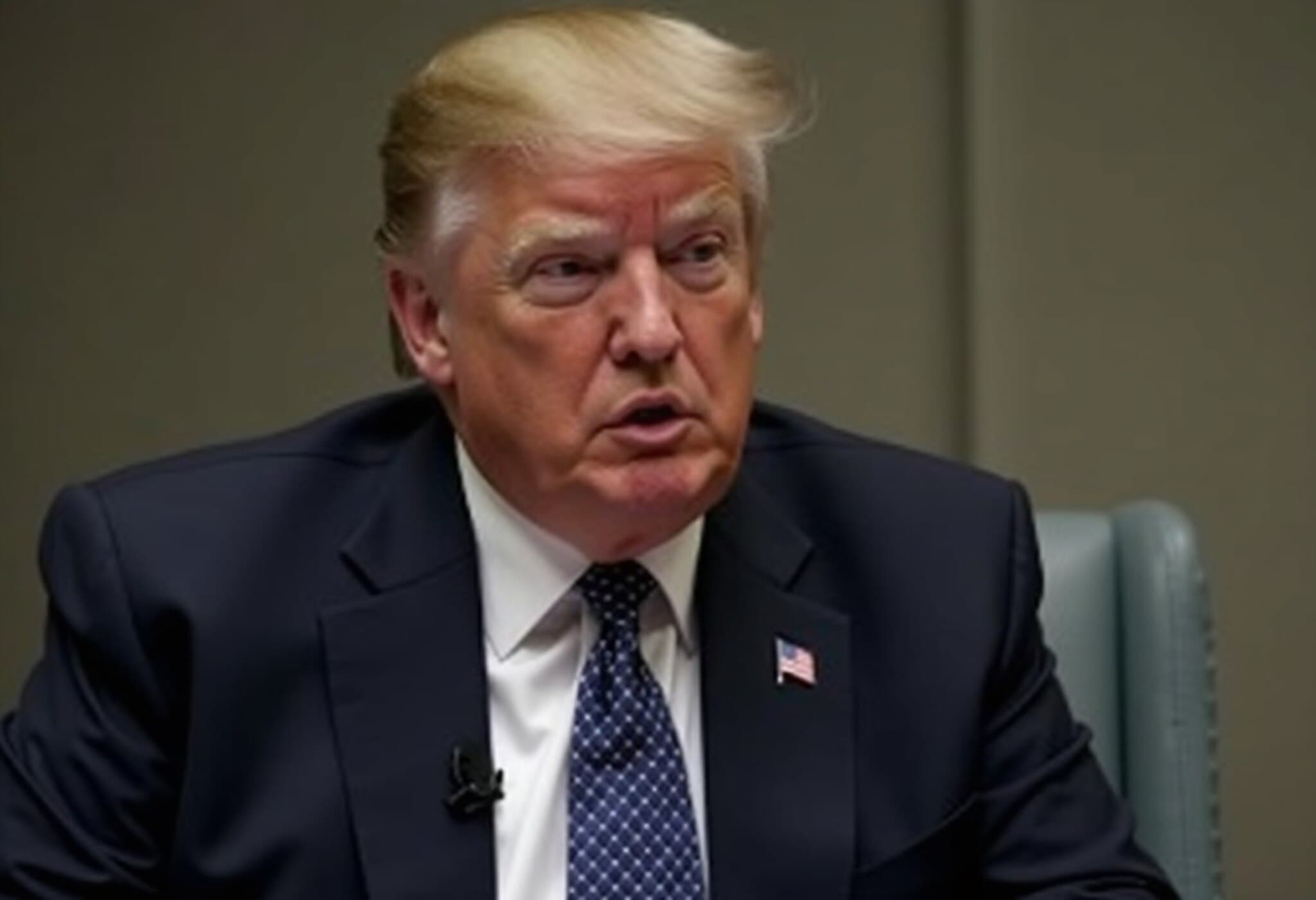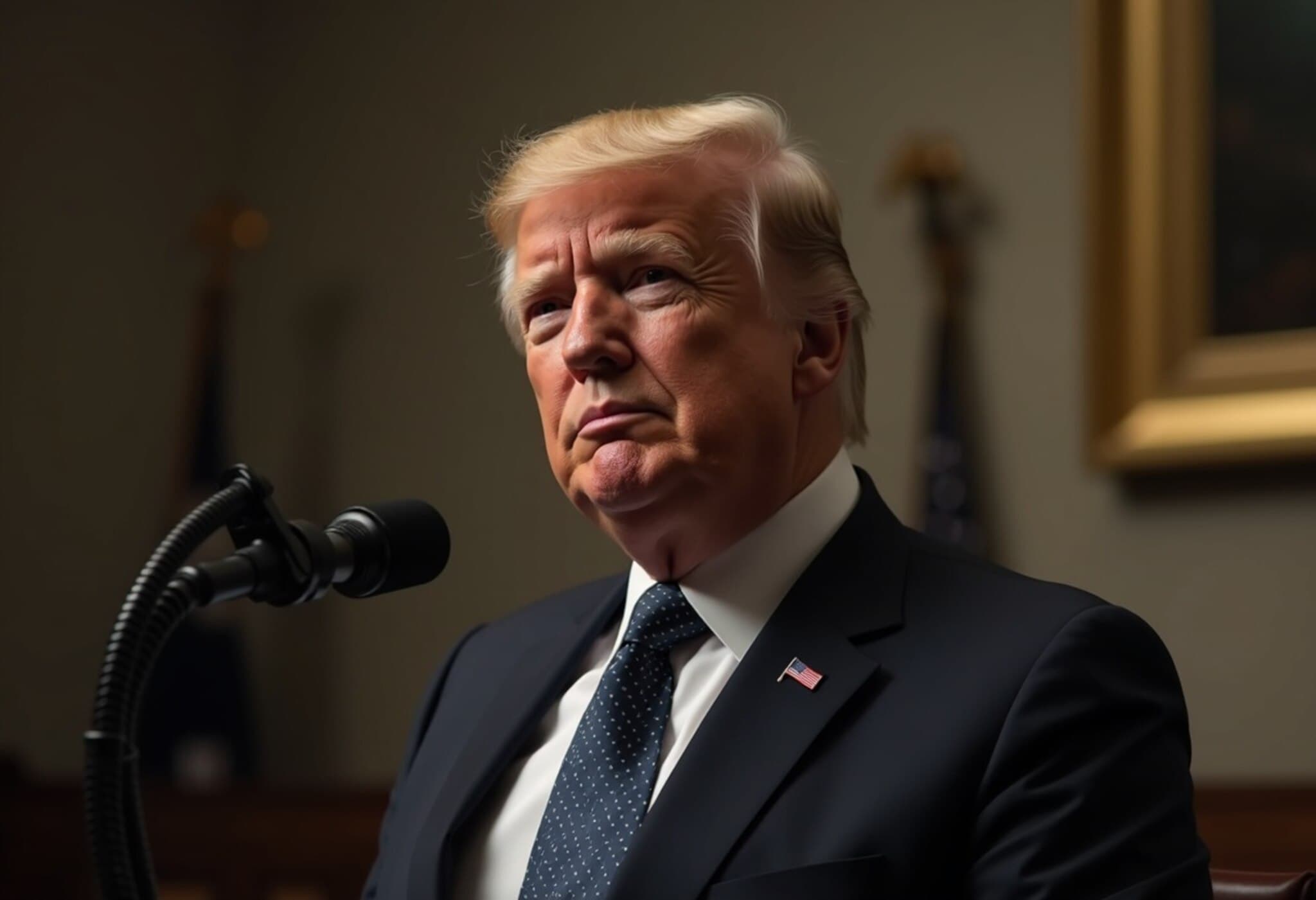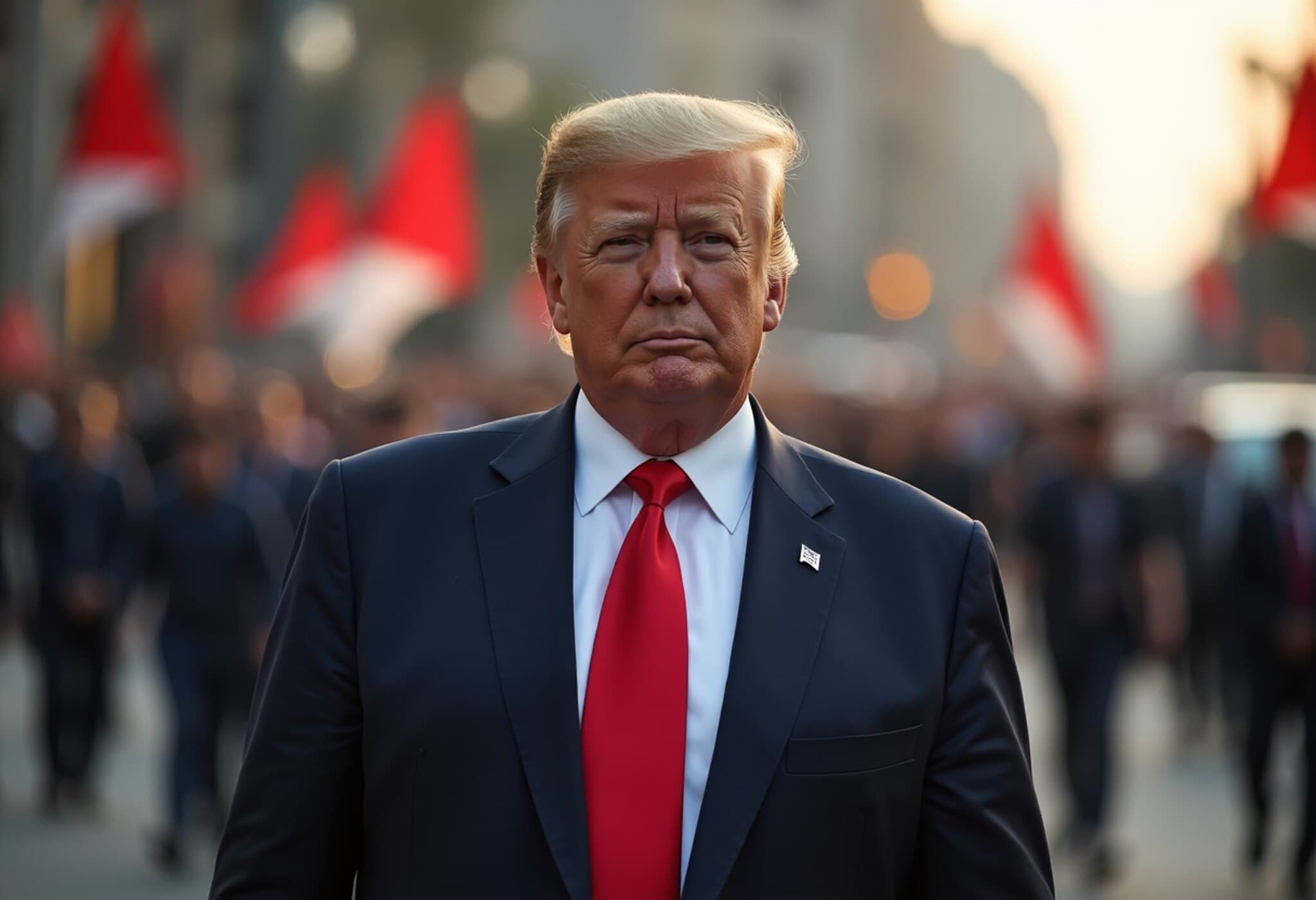Trump Mocks BRICS Expansion, Threatens Tariffs to Protect US Dollar Supremacy
Former US President Donald Trump has publicly derided the BRICS coalition—comprising Brazil, Russia, India, China, South Africa, and recently expanded members such as Iran and Indonesia—as a "little group fading out fast." During a recent signing ceremony for significant legislation, Trump amplified his criticism of the bloc’s ambitions to challenge the dominance of the US dollar, warning that American trade measures would include tariffs on countries that align with BRICS policies.
10% Tariff Warning Stokes Geopolitical and Economic Tensions
Trump reiterated his previous statement from early July that any nation joining hands with BRICS and pursuing what he labels "anti-American policies" could face a substantial 10% tariff. He claimed credit for weakening BRICS' attempts to supplant the US dollar as the world’s reserve currency, citing diplomatic pressure that reportedly disrupted a key BRICS summit due to low attendance.
"There is a little group called BRICS, and it is fading out fast," Trump said emphatically. "They tried to take over the Dollar and its dominance, but I made it clear—anyone in that consortium would face tariffs. They held a meeting after my announcement, and almost nobody showed up." This bold assertion underscores his ongoing focus on safeguarding America's strategic financial interests.
The GENIUS Act: A Legislative Milestone in Crypto Regulation
Amid these geopolitical jabs, Trump formally signed into law the S.1582 GENIUS Act (Guiding and Establishing National Innovation for US Stablecoins Act). The legislation aims to establish a robust regulatory framework for payment stablecoins, signifying a major step toward reinforcing US innovation and leadership in the evolving digital finance arena.
"We’re taking a giant step today to cement American leadership in global finance and cryptocurrency technology," Trump declared. "They even named it after me—this is a hell of an act!" He also addressed the crypto community with encouragement and pride, acknowledging years of skepticism toward digital currencies and positioning the law as a validation of their perseverance and innovation.
Crucially, Trump reaffirmed his pledge to prevent the creation of a US Central Bank Digital Currency (CBDC), a topic that has stirred intense debate among policymakers and economists. Treasury Secretary Scott Bessent endorsed the move, viewing it as pivotal to preserving the dollar's reserve currency status.
BRICS Responds: Denying Anti-American Intentions Amid Expansion
While Trump singles out BRICS for confrontation, the coalition itself has consistently denied harboring anti-American ambitions. With the recent expansion to include nations like Iran and Indonesia, BRICS continues to pursue economic cooperation initiatives such as Brics Pay, a cross-border payment platform designed to facilitate trade in local currencies, thereby reducing dependence on the US dollar.
Brazil, a key BRICS member, has been targeted with harsher trade penalties, including a looming 50% tariff on imports starting in August, stemming from accusations of "unfair" trade practices. However, it has also notably stepped back from proposals to establish a common BRICS currency, illustrating internal divergences within the coalition.
Expert Insight: The High Stakes of Dollar Dominance
The friction between the US government and BRICS comes at a time when the global financial landscape is increasingly multipolar. Experts note that while the dollar’s primacy remains robust, initiatives by emerging market coalitions to create alternative payment systems and reduce reliance on the greenback are structural challenges that the US cannot ignore.
Trade economist Dr. Karen Matthews explains, "Trump's tariff threats reflect a broader strategy to maintain economic leverage through the dollar's global status. However, such confrontational tactics risk pushing BRICS members to accelerate the diversification of their financial architectures away from the US dollar, potentially undermining long-term American economic influence."
Looking Ahead: What This Means for Global Finance and Diplomacy
As the US reinforces regulatory oversight of digital currencies and simultaneously leverages tariffs as geopolitical tools, the interplay between domestic policy and international relations grows ever more complex. The Biden administration's approach may differ, but Trump's recent moves echo a persistent theme in US strategy: the imperative to protect the dollar as the linchpin of global economic power.
Key Takeaways:
- Tariff Threats: Trump’s recommitment to a 10% tariff on BRICS-affiliated countries signals ongoing US efforts to discourage alternative economic blocs undermining dollar supremacy.
- GENIUS Act: The new stablecoin regulatory framework seeks to foster innovation while preventing cryptocurrency systems from challenging US monetary policy control.
- BRICS Expansion: Adding members like Iran and Indonesia illustrates the coalition’s ambitions to diversify global economic influence beyond Western dominance.
- US Dollar Status: Maintaining reserve currency status is viewed domestically as critical to national security and economic strength.
Editor’s Note
Donald Trump's sharpened rhetoric and legislative moves underscore the intensifying contest for global economic leadership. While tariffs and regulatory frameworks serve as tools to bolster US financial dominance, they also risk escalating trade tensions and hastening the evolution of rival financial systems—a dynamic with profound implications for global stability and the future of international currency regimes. Observers should watch how the Biden administration navigates this complex terrain and whether diplomatic engagement might temper the risks of an increasingly fractured global economy.

